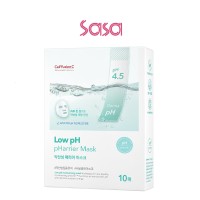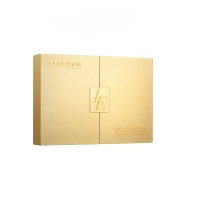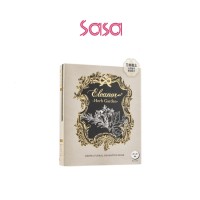Facial masks have become a cornerstone of skincare routines worldwide, and Singapore is no exception. In this tropical city-state, where high humidity, heat, and urban pollution can take a toll on the skin, facial masks offer a practical and effective solution for maintaining a healthy complexion. This comprehensive guide explores the world of facial masks in Singapore, covering their types, benefits, ingredients, popular brands, where to buy them, and tips for incorporating them into your skincare regimen.
The Rise of Facial Mask Singapore
Singapore’s skincare market has seen exponential growth, driven by a beauty-conscious population and a culture that values self-care. Facial masks, in particular, have surged in popularity due to their convenience, versatility, and ability to deliver quick results. From sheet masks to clay masks, these products cater to a wide range of skin concerns, including hydration, acne, and anti-aging.
The city’s diverse demographic, comprising locals and expatriates, has fueled demand for both international and homegrown brands. Singaporeans are known for their discerning tastes, seeking high-quality products backed by science and innovation. Additionally, the influence of K-beauty (Korean beauty) and J-beauty (Japanese beauty) trends has introduced a variety of mask formats and cutting-edge ingredients to the market.
Types of Facial Masks
Facial masks come in various forms, each designed to address specific skin needs and preferences. Understanding the different types can help you choose the right one for your skin concerns and lifestyle. Here’s an in-depth look at the most common types available in Singapore:
1. Sheet Masks
Sheet masks are single-use, pre-soaked fabric or bio-cellulose fibre masks infused with concentrated serums. Leave them on for 20 minutes to absorb the serum efficiently. They are a hallmark of K-beauty and are prized for their convenience and ability to deliver intense hydration in just 10–20 minutes.
These masks adhere closely to the face, ensuring maximum absorption of active ingredients like hyaluronic acid, snail mucin, vitamin C, or collagen. For a targeted serum treatment, masks like the SNP Real Active Hydrating Ampoule Mask or the SNP Diamond Brightening Ampoule Mask are excellent choices, offering intense hydration and radiance. Popular for their portability, sheet masks are perfect for travel or a quick pampering session. In Singapore, sheet masks are a go-to for busy professionals seeking instant glow-ups before events.
2. Clay Masks
Absorbent clay masks trap excess oil, dirt, and debris on the skin’s surface, making them ideal for Singapore’s humid climate. Common ingredients include kaolin, bentonite, and activated charcoal, which draw out impurities and reduce shine. In Singapore’s humid climate, clay masks are particularly popular for controlling oil without stripping the skin. Some formulations also incorporate exfoliating acids like salicylic acid for added acne-fighting benefits.
For a premium detoxifying experience, the METHODE SWISS Thermal Mineral Infusing Face & Neck Mask utilizes thermal minerals to draw out impurities and revitalize the skin.
3. Cream Masks
Cream or gel masks are rich, emollient formulations designed to hydrate, nourish, and soothe the skin. They are especially beneficial for dry, sensitive, or mature skin types, as they often contain ingredients like aloe vera, ceramides, shea butter, or squalane.
Unlike clay masks, cream masks don’t dry out, making them gentle and comfortable for prolonged use. In Singapore, where air-conditioned environments can dehydrate the skin, cream masks are a staple for restoring moisture. For deep nourishment, the FRUDIA Nutri-Moisturizing Mask provides intense moisture, while the LA ESTEPHE Platinum Rejuvenating Mask offers a revitalizing treatment.
4. Peel-Off Masks
Peel-off masks are applied as a liquid or gel that dries into a thin, removable film. Once peeled off, they help exfoliate dead skin cells, remove blackheads, and unclog pores. These masks are less common but remain popular for their satisfying application and ability to target impurities in the T-zone.
Ingredients like charcoal, tea tree oil, or fruit extracts are often used to enhance their purifying effects. While peel-off masks can be fun to use, they may not suit sensitive skin due to the peeling process. For a revitalizing treatment, the CYBER COLORS Black Label Supreme Youth Revival Sheet Mask helps to promote a more youthful-looking complexion.
5. Sleeping Masks
Sleeping masks, also known as overnight masks, are applied as the final step in a nighttime skincare routine and left on while you sleep. These masks provide long-lasting hydration and repair, working to replenish the skin’s barrier overnight. They are typically lightweight and non-greasy, making them suitable for Singapore’s warm climate. Ingredients like hyaluronic acid, niacinamide, and peptides are common, offering both immediate and cumulative benefits.
The LA ESTEPHE Arctic Cloudberry Brightening Mask is an excellent overnight brightening treatment, while the SUISSE PROGRAMME Men Recharging Mask provides a targeted solution for men's skincare.
6. DIY and Natural Masks
DIY and natural masks appeal to those who prefer customizable or eco-friendly skincare. Common ingredients include honey, yogurt, turmeric, oatmeal, or avocado, which can be mixed at home to address specific concerns like redness or dullness.
In Singapore, the rise of clean beauty has spurred demand for effective mask formulations from local brands like SASATINNIE, with its popular Advanced Snow Glow Essence Mask. These masks are often free from synthetic preservatives, making them a hit among eco-conscious consumers. However, DIY masks require careful preparation to avoid irritation or contamination.
7. Exfoliating Masks
Exfoliating masks combine the benefits of a mask with chemical or physical exfoliation, helping to slough off dead skin cells and reveal a smoother complexion. They often contain alpha-hydroxy acids (AHAs) like glycolic acid, beta-hydroxy acids (BHAs) like salicylic acid, or gentle enzyme exfoliants derived from fruits like papaya or pineapple. These masks are ideal for addressing uneven texture, hyperpigmentation, or clogged pores. For those seeking gentle exfoliation, the CELL FUSION C Low PH Pharrier Mask helps to refine the skin's texture without irritation.
8. Hydrogel Masks
Hydrogel masks are an advanced version of sheet masks, made from a gel-like material that adheres more closely to the skin for enhanced ingredient delivery. They are often infused with high-potency ingredients like peptides, antioxidants, or plant extracts, making them a premium choice for anti-aging or brightening. Hydrogel masks are cooling and soothing, perfect for calming skin after sun exposure in Singapore’s tropical climate. The ELEANOR Aroma Floral Hydrating Mask is a great example of a mask that provides a luxurious, sensorial experience while delivering deep hydration.
Benefits of Facial Masks
Facial masks offer targeted solutions for various skin concerns. Here are some key benefits:
-
Hydration: Singapore’s humid climate can dehydrate the skin, and masks with hyaluronic acid or glycerin restore moisture levels.
-
Pore Purification: Clay and charcoal masks help unclog pores, reducing blackheads and preventing breakouts.
-
Brightening: Ingredients like niacinamide and vitamin C in masks reduce dullness and hyperpigmentation.
-
Anti-Aging: Masks with firming complexes like the LA ESTEPHE Royal Beelift Age Protect Firming Mask or the SNP Gold Collagen Ampoule Mask can minimize fine lines and improve skin elasticity.
-
Soothing: For sensitive skin, masks with aloe vera or centella asiatica calm irritation and redness.
-
Exfoliation: Some masks contain AHAs or BHAs to slough off dead skin, revealing a smoother complexion.
Key Ingredients in Facial Masks
Check the label for beneficial ingredients like humectants (e.g., hyaluronic acid) or high concentrations of vitamin C. Avoid formulas that contain harsh alcohols if you have sensitive skin. Here are some popular ones:
-
Hyaluronic Acid: A humectant that retains moisture, perfect for hydration in humid weather.
-
Centella Asiatica: Known for its soothing and healing properties, ideal for sensitive or acne-prone skin.
-
Niacinamide: Brightens skin and regulates sebum production, a must-have for oily skin types.
-
Charcoal: Detoxifies and purifies, great for urban dwellers exposed to pollution.
-
Snail Mucin: Promotes skin repair and hydration, a K-beauty favorite.
-
Green Tea: Rich in antioxidants, it protects against environmental damage.
-
Probiotics: Increasingly popular for balancing the skin’s microbiome and strengthening its barrier.
Where to Buy Facial Masks in Singapore
Facial masks are widely available across Singapore, both online and in physical stores. The easiest way is to visit Sa Sa local stores, or buy facial masks straight through the Sa Sa Singapore website.
Incorporating Facial Masks into Your Skincare Routine
To maximize the benefits of facial masks, follow these tips:
-
Know Your Skin Type: Oily skin benefits from clay masks, while dry skin needs cream or sheet masks.
-
Always cleanse your skin thoroughly before using the mask to remove impurities. Follow with a toner to prep your skin, then moisturize afterward to seal in hydration as the last step.
-
Follow Instructions: Sheet masks are typically left on for 10–20 minutes, while clay masks should not fully dry to avoid dehydrating the skin.
-
Frequency: Use masks 1–3 times a week, depending on your skin’s needs.
-
Layer Wisely: Apply serums or moisturizers after masking to lock in benefits.
-
Patch Test: Test new masks on a small area to avoid allergic reactions.
-
Store Properly: Keep masks in a cool, dry place to maintain efficacy.
Cultural and Environmental Considerations
Singapore’s tropical climate and urban lifestyle influence skincare choices. High humidity can lead to excess oil production, making clay masks a go-to for many. Pollution from traffic and construction increases the need for antioxidant-rich masks. Additionally, Singapore’s multicultural population means brands must cater to diverse skin tones and concerns, from fair East Asian skin to darker South Asian complexions.
The rise of eco-consciousness has also impacted the market. Brands increasingly emphasize sustainable packaging, and consumers are opting for biodegradable sheet masks to reduce waste.
Trends and Innovations
The facial mask industry in Singapore is dynamic, with new trends emerging regularly:
-
Bio-Cellulose Masks: These adhere better to the skin, delivering ingredients more effectively.
-
Microbiome Skincare: Masks with probiotics and prebiotics are gaining popularity for skin barrier health.
-
Customizable Masks: Brands are offering personalized masks based on skin analysis.
-
Tech-infused masks: Advanced LED devices are becoming increasingly accessible for home use.
-
Clean Beauty: Consumers are seeking masks free from parabens, sulfates, and artificial fragrances.
Challenges and Considerations
While facial masks are generally safe, there are challenges to consider:
-
Overuse: Excessive masking can irritate the skin or disrupt its natural barrier.
-
Allergies: Fragrances or certain ingredients may cause reactions, so patch testing is crucial.
-
Cost: Premium masks can be expensive, though drugstore options are widely available.
-
Efficacy: Not all masks deliver promised results, so research and reviews are essential.
Conclusion
Facial masks are a versatile and essential part of skincare in Singapore, offering tailored solutions for hydration, purification, exfoliation, and anti-aging in a climate that challenges the skin daily. With an array of options—from hydrating sheet masks to detoxifying clay formulations—there’s a mask for every skin type and lifestyle. Pair masks with the rest of your skincare routine (cleanser, toner, moisturizer) to improve the appearance of your skin. Whether you’re using a combination of masks or targeting specific concerns, consistency will help you achieve better skin and that coveted glow.
Ready to discover your perfect mask? Visit the Sa Sa SG website for the latest facial masks and exclusive offers!
Frequently Asked Questions
-
How do I choose the right type of mask?
Identify your skin type—cream masks are ideal for sensitive skin, while clay masks suit oily types.
-
Should I moisturize after a face mask?
Yes! Moisturize afterward to seal in the mask’s benefits and keep skin moist.
-
Can I use a mask 2–3 times a week?
Absolutely. Rotate between formulas (e.g., hydrating and exfoliating) to achieve better skin.
-
Do I need to use toner before masking?
Yes. Apply toner after you cleanse your skin to balance pH levels and prep for the mask.
-
What if my mask irritates my skin?
Avoid masks that contain harsh ingredients. Stick to calming formulas labeled for sensitive skin.
-
Do I need to wash my face after using a face mask?
It depends on the type of mask. As a general rule, clay, peel-off, and exfoliating masks are typically designed to be rinsed off thoroughly after use. Sheet masks, sleeping masks, and most hydrogel masks are leave-on treatments. Gently pat the remaining serum into your skin until fully absorbed; you do not need to wash your face afterward.
Author
Mei Ling Cheng is a seasoned beauty expert with over 15 years of experience in makeup artistry and skincare consulting. As a leading beauty advisor at Sa Sa Malaysia, she helps customers achieve flawless, long-lasting looks.
Featured Products in this Post
Related Posts
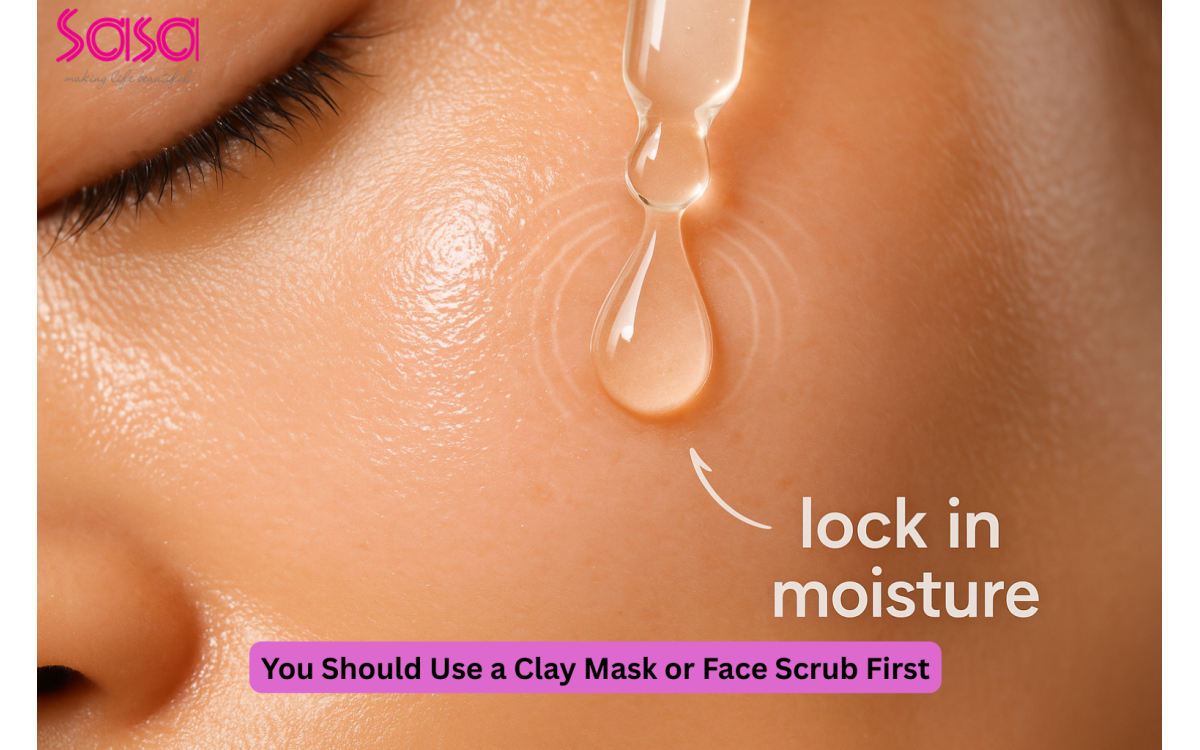
Should You Use a Clay Mask or Face Scrub First? The Correct Order for Your Skin Type
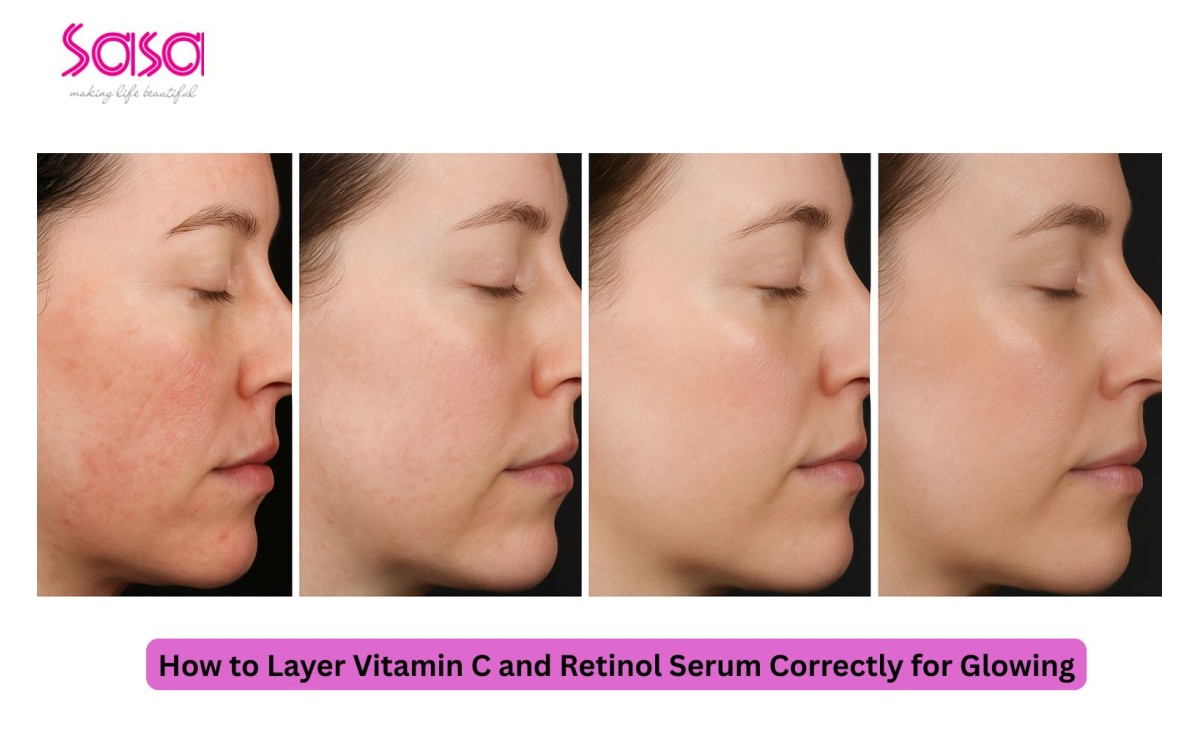
How to Layer Vitamin C and Retinol Serum Correctly for Glowing
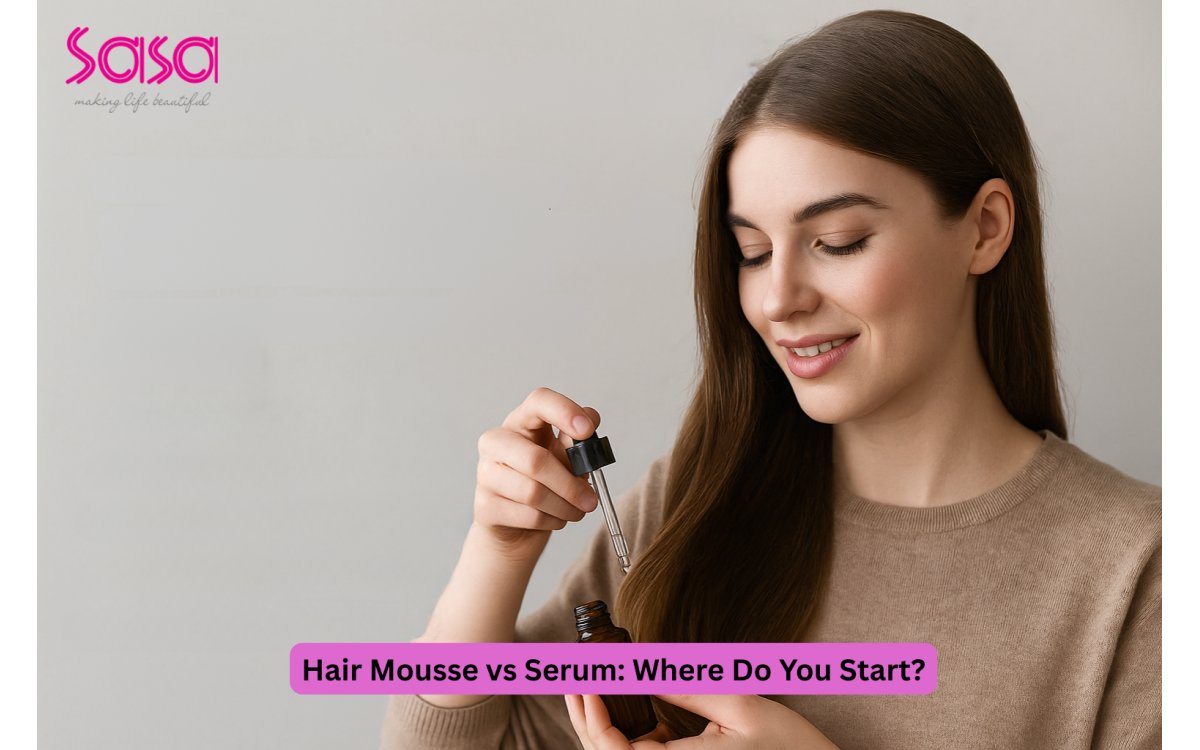
Hair Serum or Hair Mousse: Best Hair Styling for Thin, Dry Hair?
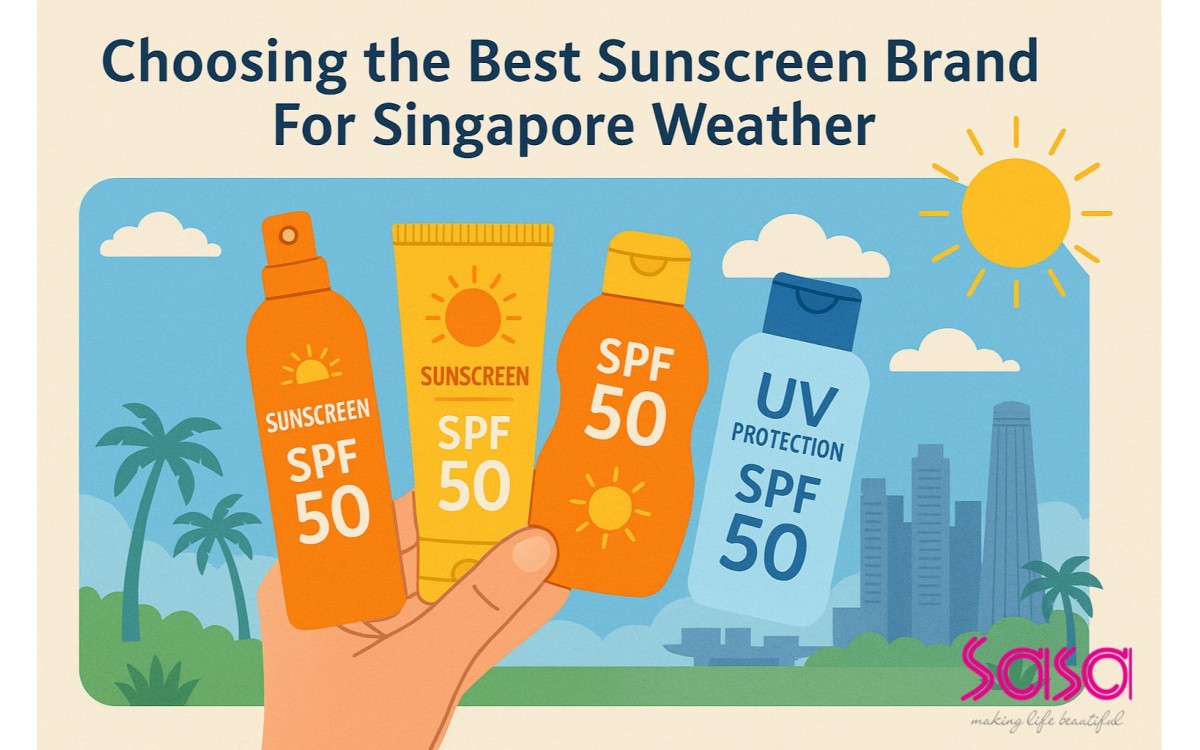
Best Sunscreen Brands for Singapore's Humid Weather
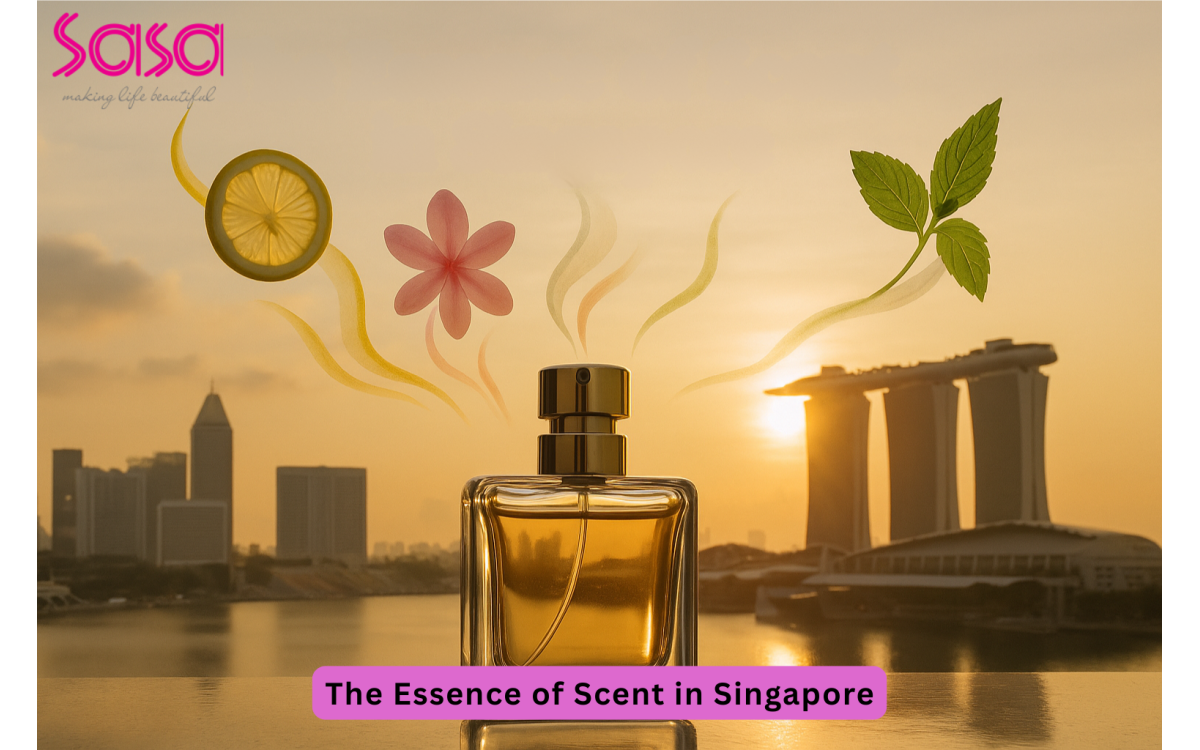
The Ultimate Guide to Fragrance and Perfume Families in Singapore
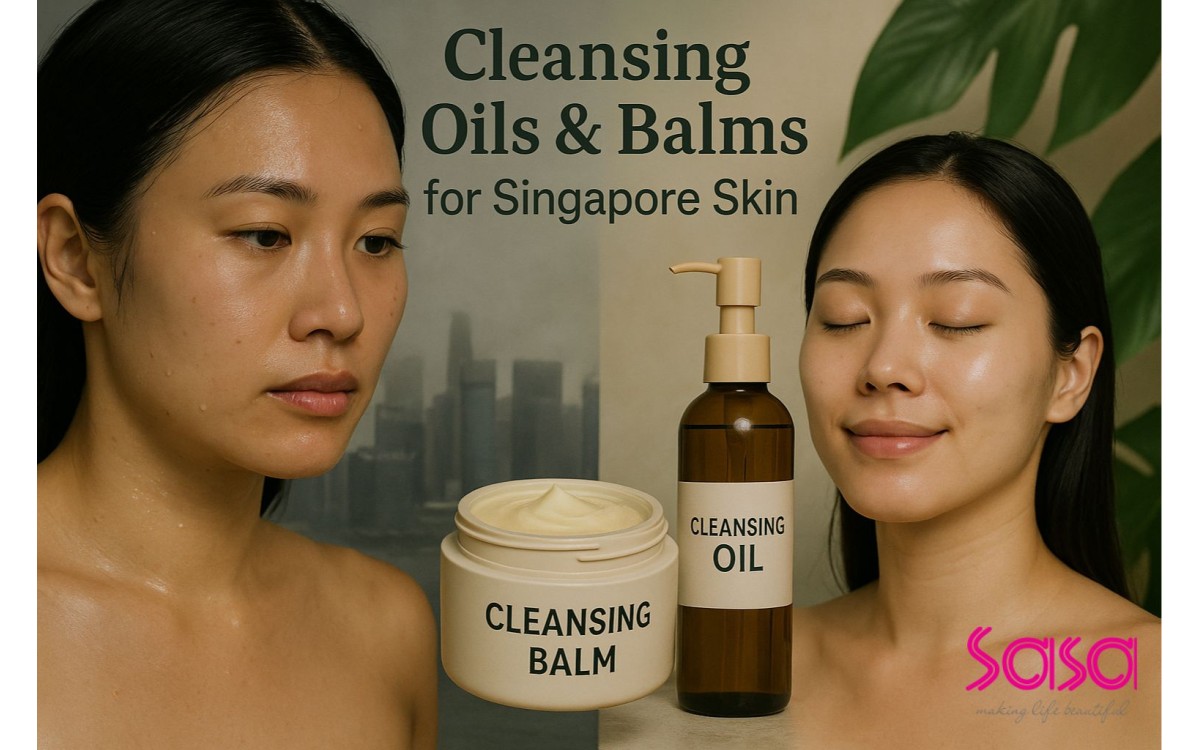
Best Cleansing Oils & Balms: Cleanse & Review the Top Choices
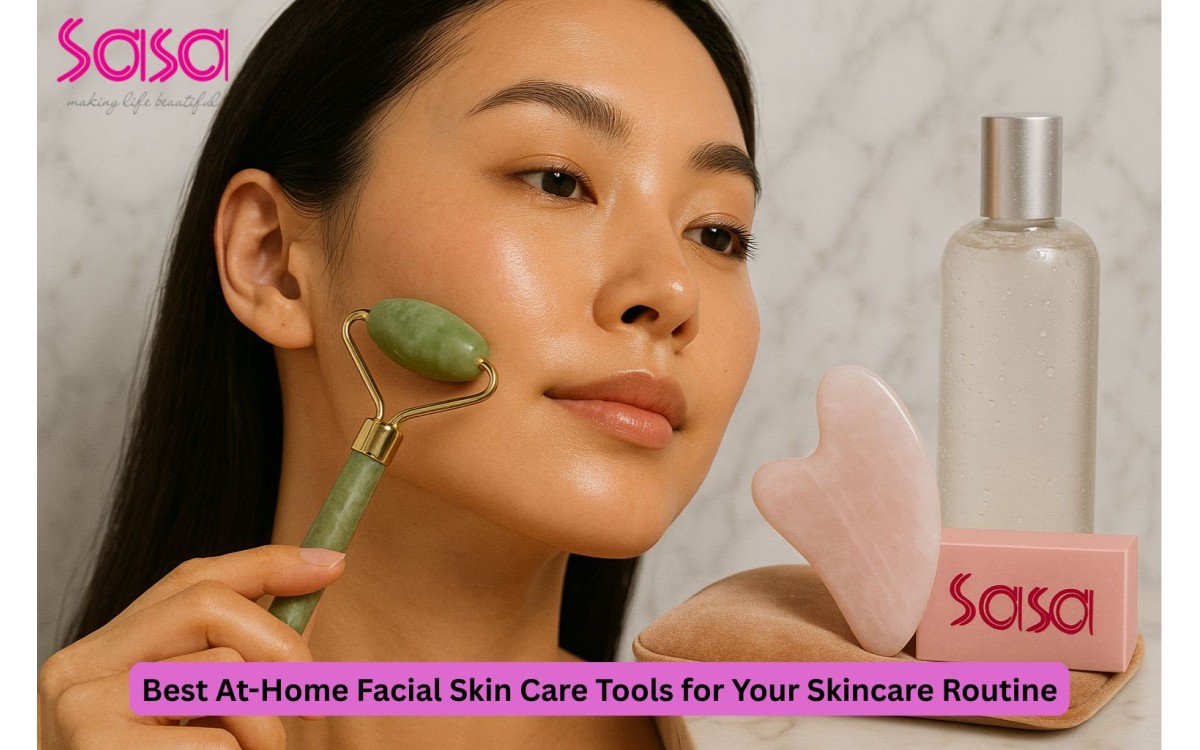
Best At-Home Facial Skin Care Tools for Your Skincare Routine
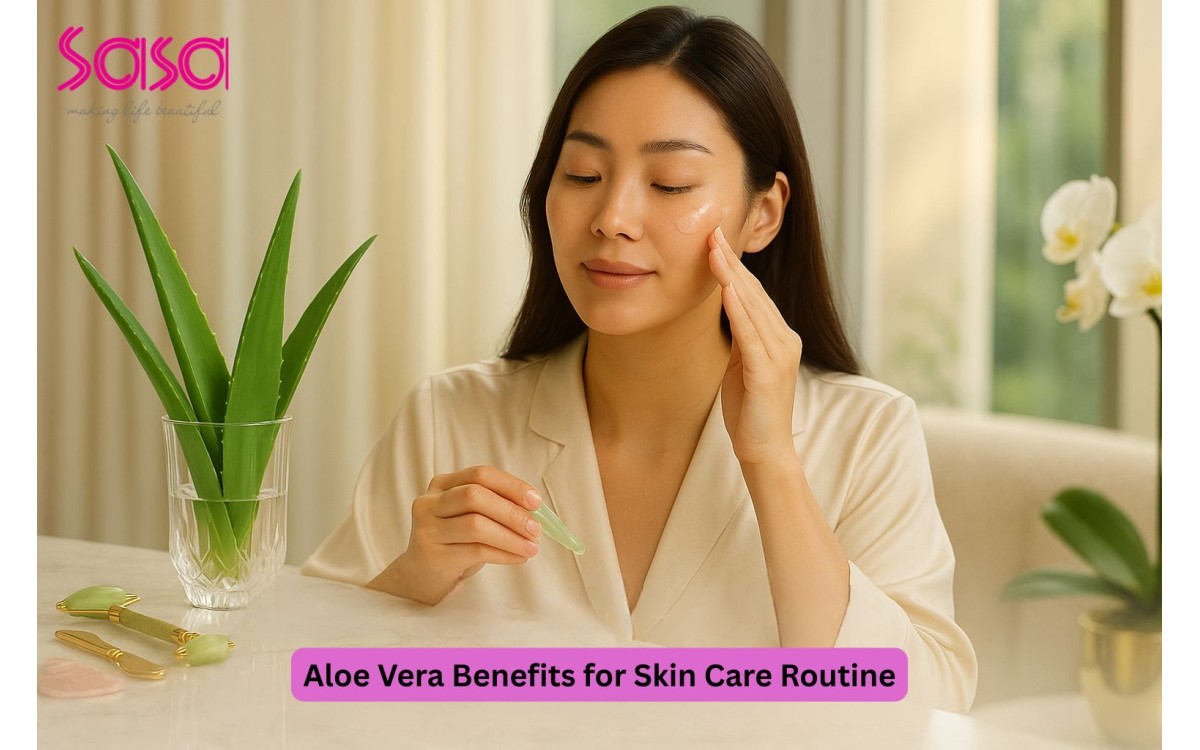
Aloe Vera Benefits for Skin: Uses and Effects
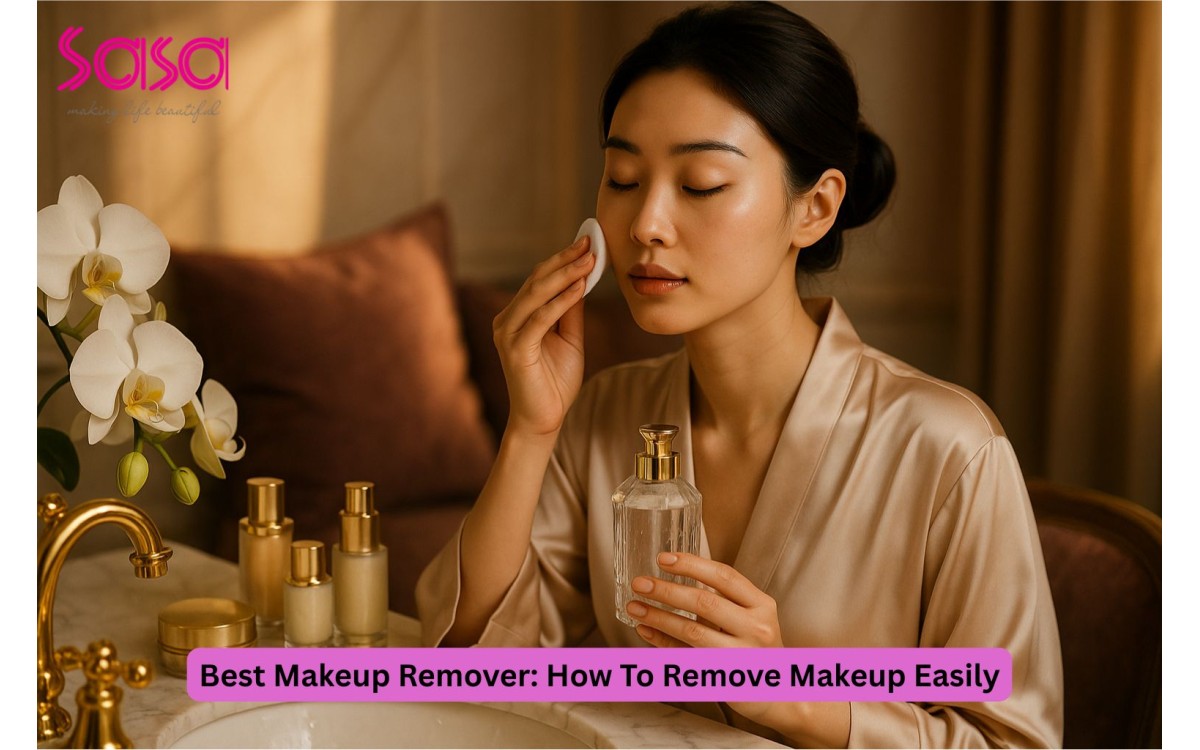
Best Makeup Remover: How To Remove Makeup Easily



